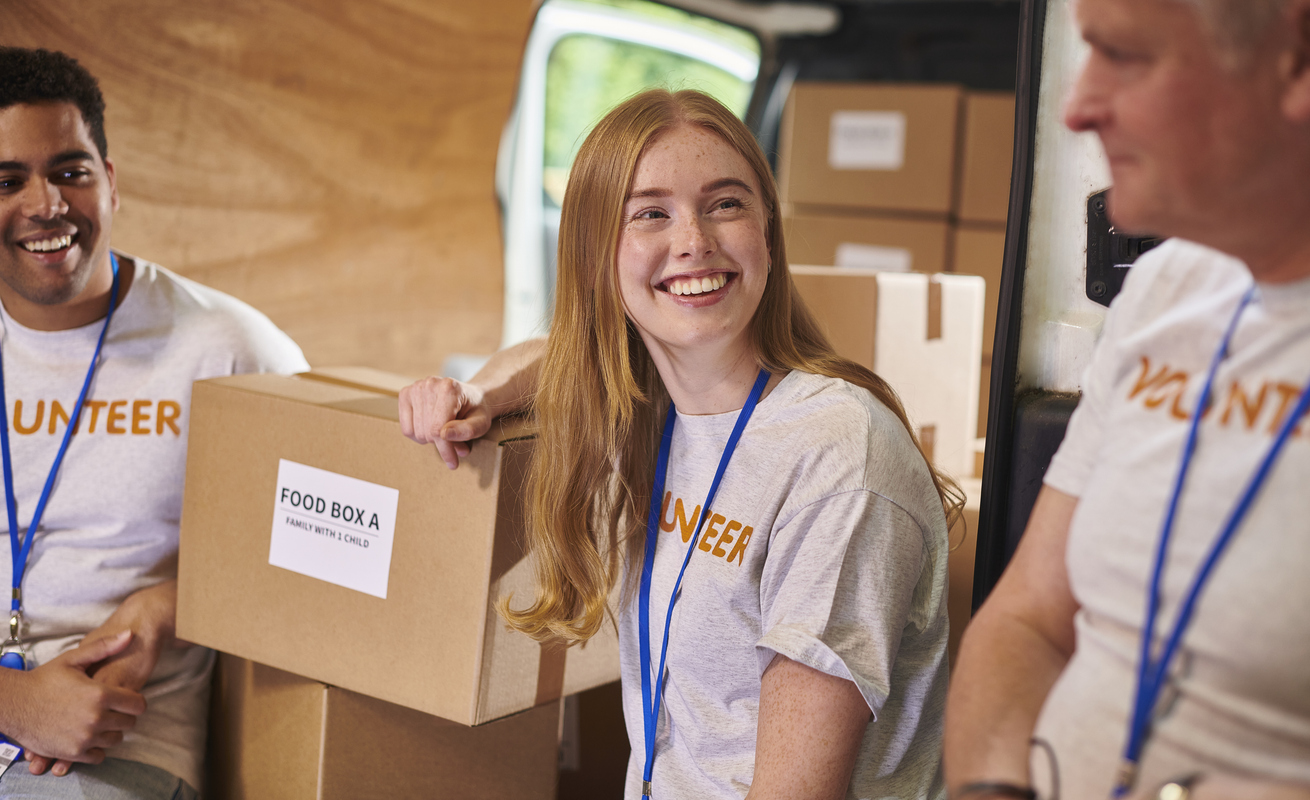Previous
Preparing your personal statement
Work experience of any kind can provide valuable insights for your personal statement and medical school interview. Reflecting on your experience will help you to articulate your skills and commitment to a career in medicine.
Work experience is an opportunity to develop and strengthen transferable skills that go beyond what you’ll learn at school or college. It can also help you discover what really matters to you as you make decisions about your future career.
Think you need clinical work experience in a hospital or health centre to apply to medical school? Getting experience in a medical setting is helpful, but it’s not the only way to show you’ve got what it takes.
Whichever type of work experience you do, it’s essential that you reflect on your experience. Focus on being able to talk and write about what you learnt. How has it helped you develop the skills and qualities needed to become a doctor?

There are various ways to gain work experience, but it can be difficult to know where to start. Your initiative, confidence, and resilience will help as you explore your options.
This type of work experience can provide you with the opportunity to shadow healthcare professionals. It could be in a hospital, clinic, GP surgery, or care home. It will also help you to:
Afterwards, you’ll be able to describe how the experience has increased your understanding of a career in medicine.
Scottish medical schools recognise that getting experience in health and social care can be challenging. For most, it’s not mandatory. The skills you gain from working with people in other ways can be just as relevant.
The types of work experience accepted by medical schools can vary, so please check their guidance. View Scottish medical school contact details.
Your local NHSScotland Health Board may have work experience programmes you can apply for. Check their website to see what’s on offer. View NHSScotland Health Board contact details.
You could also reach out to local GP surgeries and care homes. They may welcome students for work experience or volunteering. It's worth sending a friendly email to introduce yourself and explain what you're hoping to gain.
Even if some places can't take you on right now, you never know what opportunities might come up!
Don’t underestimate the significance and relevance of non-clinical work experience! Having a part-time job is also a valuable opportunity you can highlight in your personal statement and at an interview.
Medical schools want to see the following:
So, your part-time job in a supermarket assisting customers and supporting the team during a busy shift? Think about how the experience helped you build confidence and strengthened your communicating and initiative skills.
You could benefit from doing virtual work experience, and there are several online opportunities for those considering a career in medicine:
Other virtual work experience opportunities may be available. As with other types of work experience, please remember to keep a reflective diary of what you learn.
Volunteering is a fantastic way to build key skills and gain valuable experience for a career in medicine. It really shows your passion for helping others.
You might find opportunities in healthcare settings, including care homes, where you can show how caring and empathetic you are. Plus, you'll develop skills like:
But don't worry if you can't find a volunteering role in health or social care. Volunteering in other areas can be just as beneficial! If you’ve been a befriender or volunteered in your community, it demonstrates your empathy and respect for others.
Do you have caring responsibilities for a family member, friend, or neighbour? Sharing your experiences could really highlight your caring nature, resilience, and ability to support others.
Discover My World of Work’s top 5 tips for finding your perfect volunteering role.
There are a range of organisations in communities across Scotland offering volunteering opportunities. You can find volunteering roles near you on these websites:
You may also find information about volunteering opportunities in your community on your local authority’s website.
View a list of Scottish local authorities on mygov.scot.

Showing you're clued up on the real world of medicine is essential for your medical school application. Think about staying in the know about:
How do you do this? Read online resources, explore medical journals, keep up with health news, and even check out recent research.
Referring to some of your knowledge in your personal statement and interview could make you stand out! It shows you're actively engaged with and interested in the future of medicine.

You should reflect on any work experience, volunteering, or learning you do and practice articulating the skills and knowledge you’ve gained. This demonstrates how your experiences relate to and enhance your application to study medicine. It is essential for your:
The University of Edinburgh has produced a Reflection toolkit, which can help you to develop your reflective skills:
The toolkit may also be helpful for you when thinking about what reflection is and how you can reflect on your experiences.

Becoming a great doctor means reflecting on what you've seen and done. When you're doing work experience, volunteering, or self-directed learning, taking a moment to reflect helps you to:
Think of it as an opportunity for personal growth.
A reflective diary allows you to record your work experience, volunteering, and learning. You should include the skills and knowledge you gain and the attributes and values you observe.
The Royal College of General Practitioners (RCGP) offers a helpful resource for inspiring and preparing future doctors. It has been endorsed by the Medical Schools Council and is available to anyone applying to study medicine.

Supporting adults have a critical role in influencing young people's career choices.
View resources for career influencers
Curious about becoming a doctor? Explore our exciting careers in medicine.
View job profiles